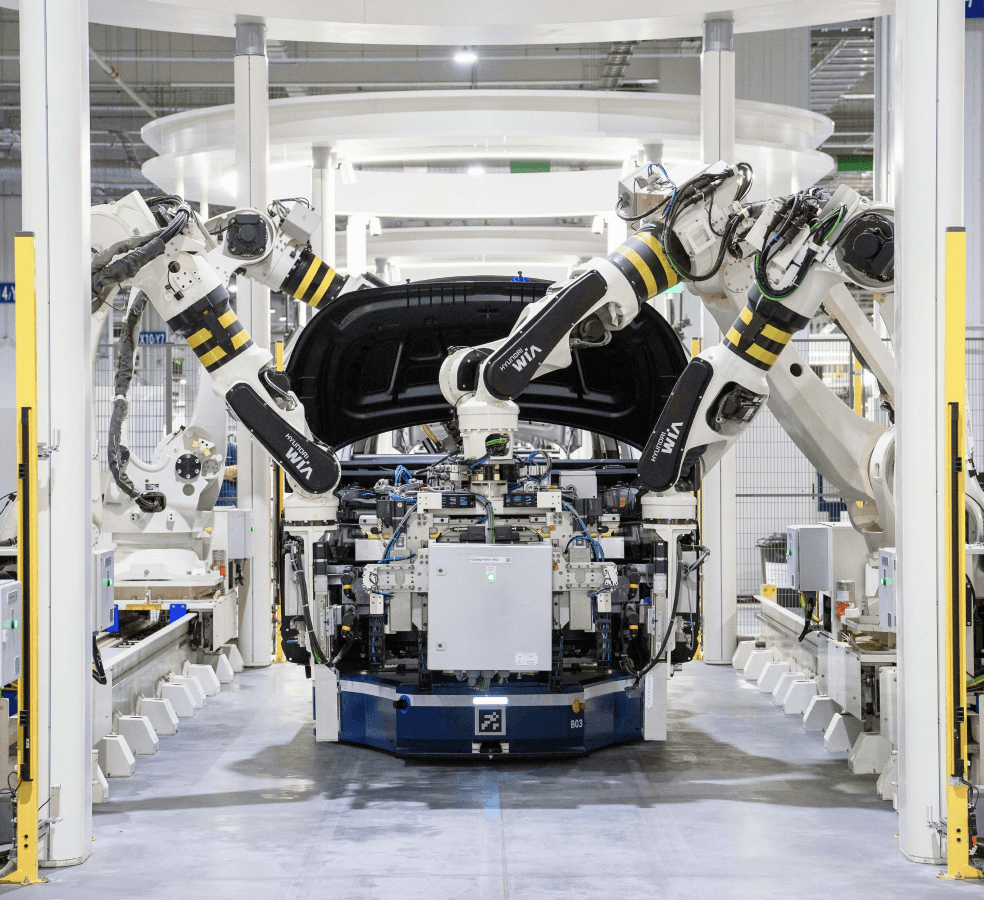As the manufacturing sector stands on the brink of a transformative era, driven by digital innovation and a renewed focus on sustainability, companies are exploring new business models, enhancing customer experiences, and reimagining the production landscape. This profound shift is not just about integrating new technologies but fundamentally redefining how value is created and delivered in the manufacturing domain.
The Emergence of New Business Models and Customer-Centric Strategies
The manufacturing industry is witnessing a pivotal transformation, moving away from traditional, product-centric operations to service-oriented or outcome-based models. This shift, necessitated by evolving customer demands and competitive pressures, is succinctly captured in the evolving landscape of software-defined solutions and AI-driven operational efficiencies, which are setting the stage for smarter, more connected, and adaptable manufacturing ecosystems. Steve Evans, a leading academic in industrial sustainability, emphasizes the magnitude of this shift, noting that changing a company's value logic is a more complex endeavor than adjusting its digital strategy, as it requires a foundational reevaluation of the company's operational ethos.
One illustrative example of this transformative approach is the automotive sector's move towards software-defined vehicles. These hyper-connected platforms not only enhance the driving experience through advanced autonomous capabilities and personalized features but also signify a shift towards viewing products as services. This transition to "servitization" underscores a broader trend where the integration of digital technologies and customer-centric strategies redefine industrial competition and customer interaction, promising a new era of innovation and value creation.
The Blueprint for the Factory of the Future
The concept of "smart manufacturing" embodies the future of production, where AI, IoT, and other digital technologies converge to create processes that are not only more efficient but inherently adaptable. Simon Floyd from Google Cloud envisions a future where manufacturers leverage untapped data to achieve flexible and self-adapting processes. This digital prowess enables factories to transcend traditional operational limitations, harnessing real-time insights for predictive maintenance and process optimization, thus heralding a new age of industrial productivity.
Sustainability and Digital Transformation: A Unified Front
Parallel to technological advancements, sustainability has emerged as a pivotal concern, intertwining with digital transformation efforts to redefine the sector's impact on the planet. This dual focus reflects a growing recognition of the role that digital technologies play in promoting sustainable manufacturing practices. From optimizing resource usage through AI-driven analytics to enhancing transparency in supply chains with blockchain, digital solutions offer powerful tools for manufacturers to align operational excellence with ecological responsibility, thus embedding sustainability into the core of their business strategies.
Navigating Digital Transformation: The Role of Specialized Expertise
Given the complexities inherent in developing IoT solutions, AI algorithms, or digital twins, the rationale for outsourcing these initiatives to specialized software development companies becomes increasingly compelling. These firms bring a depth of expertise that is critical for navigating the intricacies of digital product development within the manufacturing sector. Their specialized knowledge ensures that digital solutions are not just technologically sound but also perfectly aligned with the unique needs and challenges of manufacturing operations.
Moreover, the speed to market, a crucial factor in the rapidly evolving digital landscape, can be significantly enhanced through partnerships with software development experts. These firms, adept in agile methodologies, can expedite the development process, ensuring that manufacturers can quickly adapt to market changes and emerging opportunities. This agility, combined with the cost efficiencies and scalability that outsourcing offers, allows manufacturing companies to focus on their core competencies while leveraging external expertise for technological innovation.
The Future Is Data-Intensive and People-Centric
Looking ahead, the manufacturing industry's future will be increasingly shaped by data-driven strategies and digital competencies. The digital transformation journey, with its emphasis on leveraging data for operational excellence and innovation, underscores the need for a workforce adept at utilizing digital tools. The development and integration of digital products, from IoT-enabled devices to AI-driven analytics platforms, necessitate not only technological infrastructure but also a deep understanding of data analytics, user experience design, and digital security, among other areas.
In this context, the role of specialized software development companies becomes even more critical. These firms offer not just technical expertise but also strategic insights that can help manufacturers navigate the digital landscape effectively. By partnering with these experts, manufacturers can ensure that their digital transformation initiatives are grounded in a deep understanding of both technology trends and industry dynamics, enabling them to achieve their ambitious visions for innovation, efficiency, and sustainability.
Conclusion
The digital evolution of manufacturing marks a new chapter in the industry's history, characterized by software-defined products, sustainable practices, and a shift towards service-oriented business models. As manufacturers embark on this transformative journey, the strategic partnership with specialized software development firms emerges as a key enabler of success. These collaborations not only provide the technological expertise needed to navigate the complexities of digital innovation but also offer a pathway to reimagining the future of manufacturing—a future that is sustainable, customer-centric, and relentlessly innovative. In embracing this digital evolution, the manufacturing sector is not just adapting to change but leading the charge towards a brighter, more sustainable future.








